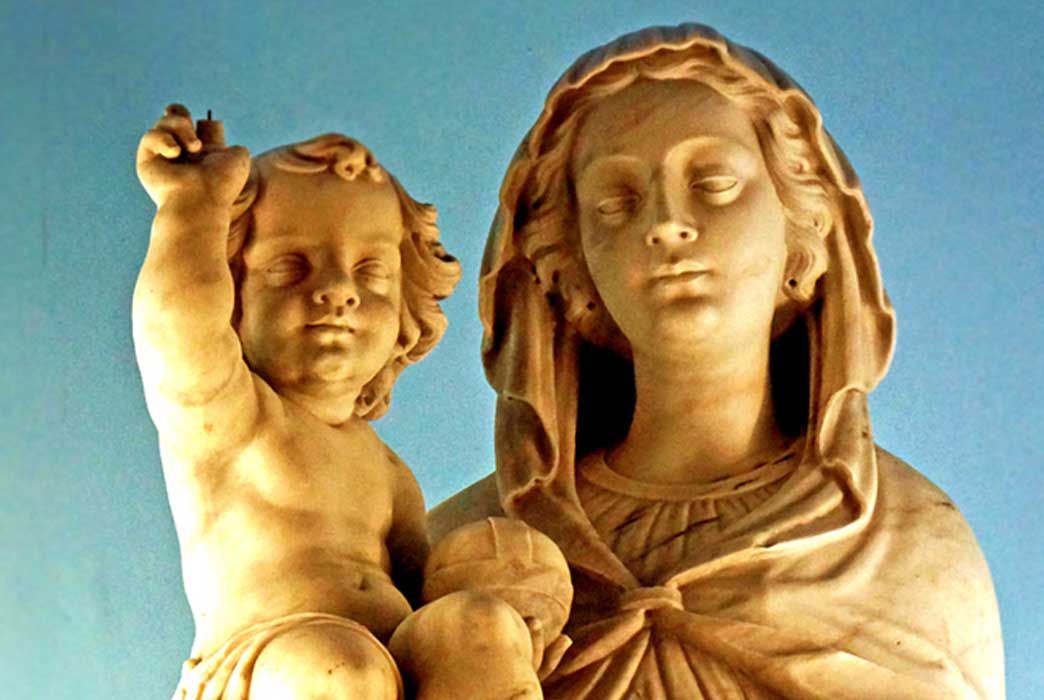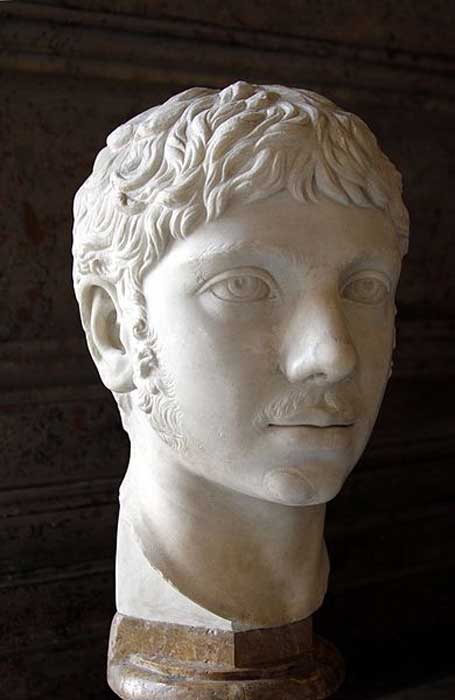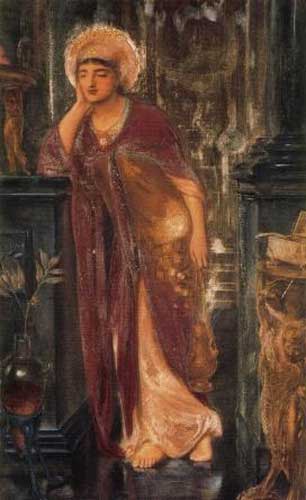
Little Emperors and Their Regents: Child Rulers & the Supportive and Destructive People Behind Them
Some babies shake rattles and others shake up kingdoms. We hear many stories of the unhappy lives and ends of child rulers. Most recently, in 1908, Puyi became the last emperor of China at only two years old. As the crowning ceremony began, the frightened little emperor had to be carried to the throne by his father as he cried, kicked, and clawed - desperately trying to escape. When he was no more than six years old, a revolution erupted and the dynasty crumbled. Pomare III of Tahiti did not fare much better. He became the king of Tahiti at only 17 months old, with his mother acting as his regent. He died at the age of five and was succeeded by his 14-year-old sister.
However, there have been child emperors who became more than mere figureheads. These children came to their positions before reaching the age of majority, which, until modern times, seems to have been around 15 years old for a boy and 12 years old for a girl. Some young emperors even grew into their roles and lived long lives. However, the story of a child emperor is also the story of their guardians who made decisions and rulings that the child would not be able to make. These guardians were monarchs in all but name until the child was of age to rule themselves. However, they quickly learned that the business of running an empire was not easy, even for experienced adults, and their ability to watch over the future rulers of their realms played a big part on their own future, as well as the fate of their empires.
A Boy, a Foreign God, and Two Empresses: The Boy Priest who became the Emperor of Rome
In 218 CE, the Roman Emperor Macrinus was becoming increasingly unpopular due to his many broken promises to the military. One day, a fourteen-year-old boy priest was sneaked into the camp of the Third Gallic Legion in Syria and was proclaimed emperor. Macrinus was executed shortly after this.
The boy’s name was Varius Aviatus Bassianus. He was born a son of a former senator under the rule of emperor Caracalla. By the time he assumed the title of Emperor, he was already the hereditary high priest at the Temple of the Sun for the Syrian sun-god Elagabal. Although the boy’s name was changed to Marcus Aurellius Antoninus Augustus, he is known in history as emperor Elagabalus.

Bust of Elagabalus (CC BY-SA 4.0)
Elagabalus was not chosen at random for this position. Macrinus had been instrumental in Caracalla’s assassination and commanded that Julia Domna, Caracalla’s mother, leave Antioch. After Julia Domna starved herself to death, her sister Julia Maesa and two nieces, Julia Soaemis (mother of Elagabalus) and Julia Mamaea, swore revenge. The powerful women exercised their influence and had commander Comazon smuggle the boy into the Third Legion’s camp to be declared emperor. His mother’s (and grandmother’s) wealth and Elagabalus’ remarkable resemblance to Caracalla was enough to convince everyone that he was the illegitimate son of Caracalla—a belief skillfully planted by his mother and grandmother.

Heliogabalus or Elagabalus, High Priest of the Sun (Public Domain)
The two women employed Gannys, rumored either to be Julia Maesa’s eunuch or Julia’s Soaemis’ lover, who assumed command of the army which marched against Macrinus. The two forces met outside Antioch and Gannys emerged victorious. Macrinus was executed shortly after and Elagabalus was thereafter recognized as ruler throughout the empire. With the elevation of Elagabalus, Julia Maesa and Julia Soaemis were each proclaimed Augusta, or empress. There was no doubt with whom the real power resided as Gannys was later conveniently executed at Nicomedia.




